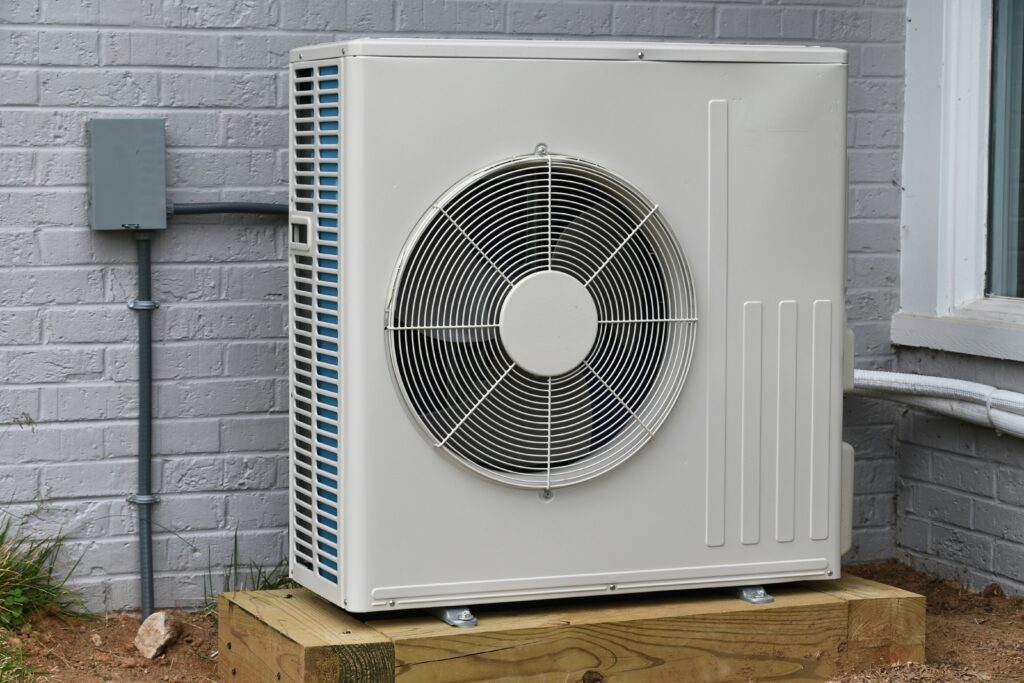Maintaining your Heating, Ventilation, and Air Conditioning (HVAC) system can be a daunting task, especially when you consider the costs involved. However, understanding the fundamentals of HVAC maintenance can significantly reduce the burden on your wallet. This article provides practical tips, strategies, and insights to help you save money while keeping your HVAC system running efficiently.
Understanding the Basics of HVAC Maintenance
The Importance of Regular HVAC Maintenance
Regular HVAC maintenance is crucial for ensuring that your system operates efficiently and effectively. An HVAC system that is not properly maintained can lead to higher energy bills, decreased comfort levels, and increased repair costs. By scheduling routine maintenance checks, you not only prolong the life of your system but also enhance its performance.
Moreover, regular maintenance helps identify potential issues before they become major problems. This preventative approach can save you from costly repairs and help maintain optimal indoor air quality. Ultimately, investing time in routine maintenance translates to significant savings in the long run. Additionally, regular maintenance can improve the energy efficiency of your HVAC system, which is increasingly important in today’s eco-conscious world. A well-maintained system uses less energy, thereby reducing your carbon footprint and contributing to a more sustainable environment.
Furthermore, many HVAC manufacturers require proof of regular maintenance to honor warranties. This means that neglecting maintenance could jeopardize your warranty coverage, leaving you responsible for expensive repairs. By keeping a detailed maintenance log, you can ensure that your HVAC system remains in good standing with the manufacturer, providing peace of mind and financial protection.
Common HVAC Problems and Their Solutions
Every HVAC system is prone to specific problems that can affect its efficiency. Some common issues include clogged filters, refrigerant leaks, defective thermostats, and malfunctioning compressors. Understanding these problems can help you troubleshoot minor issues before they escalate.
For instance, regularly changing your air filters can prevent airflow issues and reduce strain on your system. If you notice inconsistent cooling or heating in your home, check your thermostat settings and consider recalibrating it to ensure correct operation. Knowing these common issues empowers you to take proactive measures. Additionally, being aware of the signs of a refrigerant leak—such as hissing sounds or ice buildup on the coils—can prompt you to call a professional before the problem worsens. Addressing these issues promptly not only enhances your comfort but also ensures that your HVAC system runs smoothly throughout its lifespan.
Another common problem is the accumulation of dirt and debris in the outdoor unit, which can obstruct airflow and diminish efficiency. Regularly cleaning the exterior unit and ensuring that it is free from obstructions like leaves or snow can significantly improve performance. Moreover, scheduling annual professional inspections can help detect and resolve issues that may not be immediately visible, such as electrical problems or duct leaks, which can further compromise your system’s efficiency and your home’s comfort.
Money-Saving Strategies for HVAC Maintenance
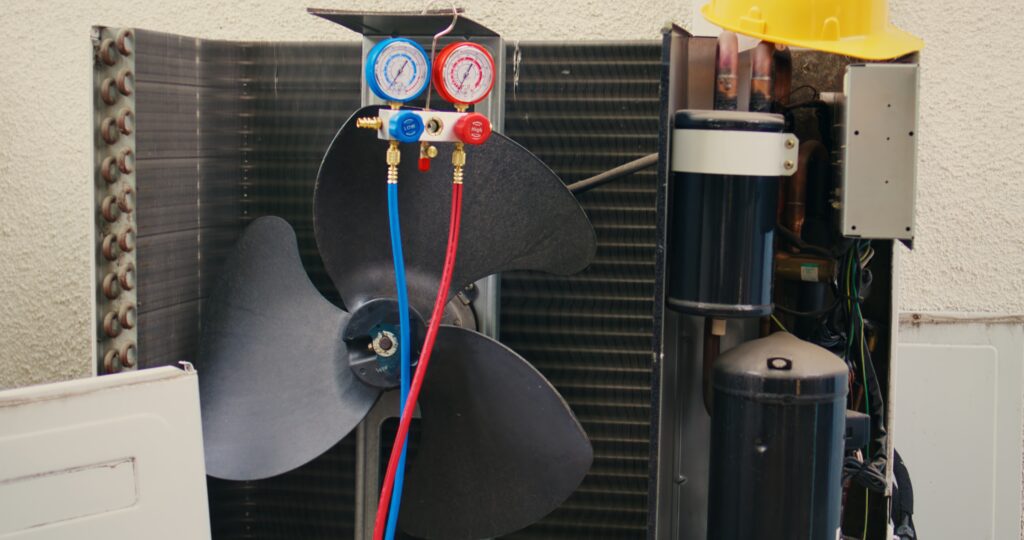
DIY Maintenance Tips for Your HVAC System
One of the best ways to save money on HVAC maintenance is to take on some of the routine tasks yourself. DIY maintenance can be both rewarding and cost-effective. Start with simple tasks such as replacing air filters and cleaning the outdoor unit. Make it a habit to check and replace the filters every 1-3 months, depending on usage. Regularly changing filters not only improves air quality but also helps your system run more efficiently, which can lead to lower energy bills.
Additionally, clear any debris around the outdoor condenser unit to ensure proper airflow. This simple practice can enhance efficiency and prolong the lifespan of your HVAC system. Other DIY tasks include checking for any obvious leaks in ductwork and sealing connections to improve energy efficiency. You might also consider inspecting the insulation around your ducts; ensuring it is intact can prevent energy loss and keep your home comfortable year-round. Furthermore, familiarizing yourself with the thermostat settings can help you optimize your system’s performance, allowing you to adjust temperatures based on your schedule and reducing unnecessary energy consumption.
When to Hire a Professional: Balancing Cost and Efficiency
While DIY tasks can effectively reduce maintenance costs, there are times when hiring a professional is necessary. It’s essential to recognize your limitations and know when expert assistance is required. For complex issues such as refrigeration problems or electrical malfunctions, hiring a certified technician is the best option for ensuring safety and proper resolution. Regular professional inspections can also catch potential issues before they escalate into costly repairs, providing peace of mind and long-term savings.
Choosing the right time for professional service can further enhance your savings. Schedule maintenance during the off-peak seasons—typically spring and fall—when contractors may offer discounts. This strategic approach allows you to benefit from professional expertise without overspending. Additionally, consider setting up a maintenance agreement with your HVAC service provider. These agreements often include regular check-ups at a reduced rate, ensuring your system is always in top shape while keeping costs predictable. By being proactive and informed, you can maximize the efficiency of your HVAC system and minimize unexpected expenses down the line.
Maximizing Your HVAC System’s Lifespan
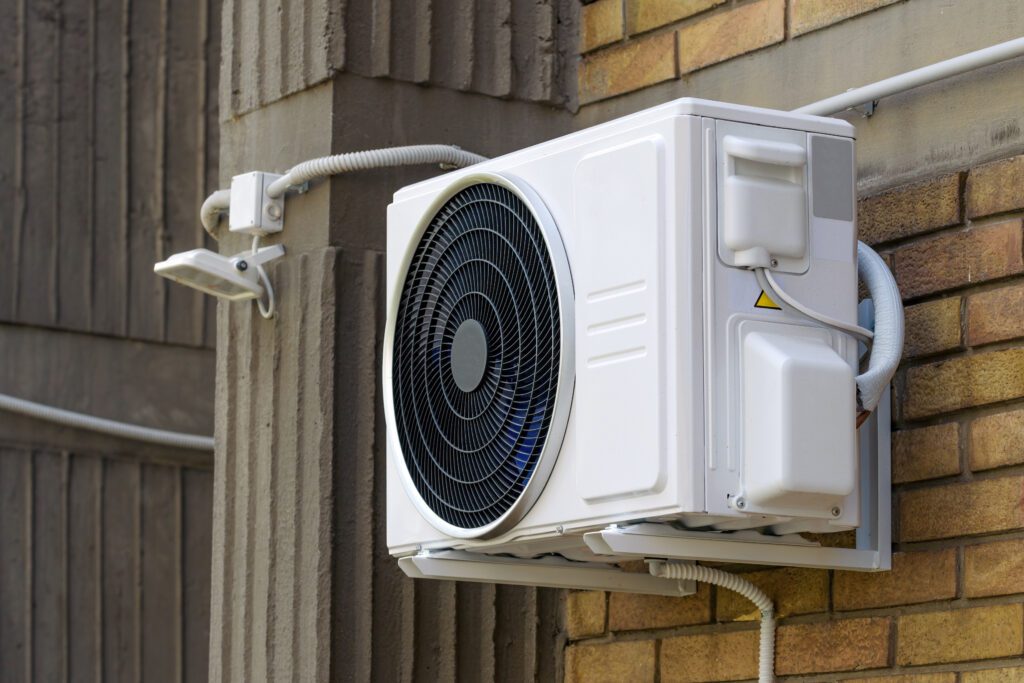
The Role of Regular Cleaning in HVAC Maintenance
Regular cleaning is a cornerstone of effective HVAC maintenance. Dust and debris can accumulate in various parts of your system, leading to inefficiencies and unhealthy air quality. Cleaning the evaporator and condenser coils, for instance, helps maintain optimal heat exchange efficiency. Neglecting these components can cause the system to overheat, leading to potential breakdowns and costly repairs.
Furthermore, it’s crucial to clean or replace filters regularly. Clogged filters restrict airflow, forcing the system to work harder and consume more energy. This not only shortens the equipment lifespan but also increases your utility bills unnecessarily. Cleaning ducts when necessary can also improve air quality and system efficiency. Additionally, regular maintenance checks can identify potential issues before they escalate, allowing for timely interventions that can save money and extend the life of your HVAC system.
The Impact of Proper Installation on HVAC Lifespan
Proper installation plays a significant role in the lifespan of your HVAC system. An inadequately installed unit can lead to various problems, including improper airflow, unnecessary wear and tear, and frequent breakdowns. It’s vital to hire qualified professionals for installation to ensure that everything is done according to manufacturer specifications. A poorly installed system may not only underperform but can also void warranties, leaving homeowners with unexpected expenses.
A well-installed HVAC system will operate more efficiently and last longer, safeguarding your investment. It is always advisable to seek multiple quotes and verify the credentials of contractors before making a decision. Investing in quality installation pays dividends in the years to come. Moreover, understanding the specific needs of your space—such as the size of the unit relative to your home and the local climate—can further enhance the effectiveness of your HVAC system, ensuring it runs smoothly and efficiently for years to come.
Energy Efficiency and HVAC Systems
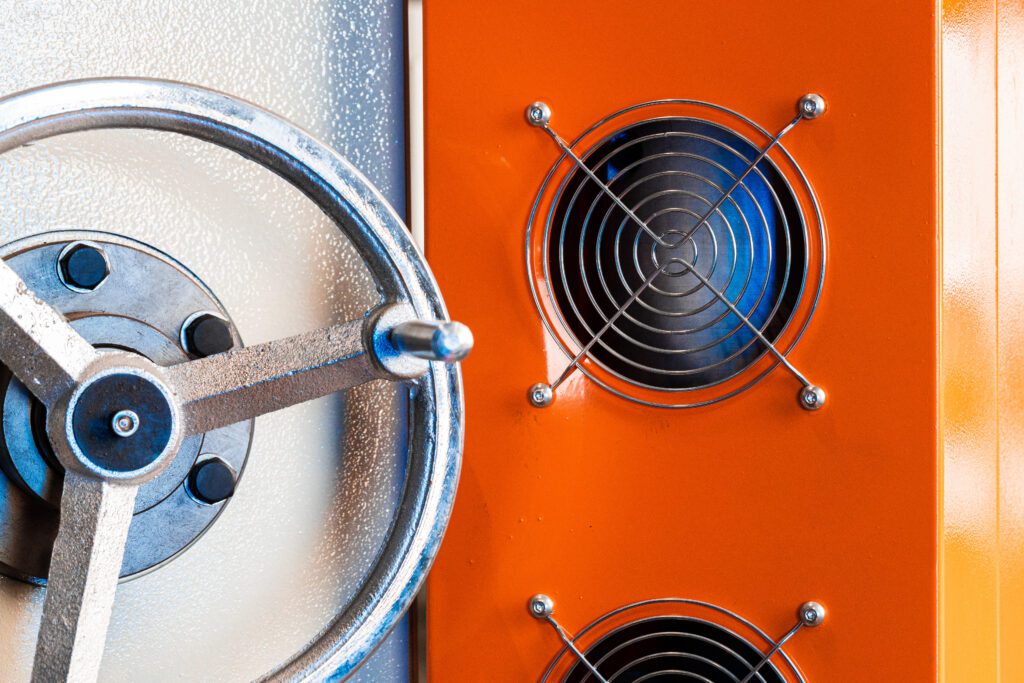
How Energy Efficiency Can Save You Money
Energy efficiency is not merely a buzzword; it’s a substantial factor that can affect your energy bills and environmental footprint. An efficient HVAC system uses less energy while delivering the same level of comfort in your home. By focusing on energy efficiency, you can achieve significant savings over time.
For example, ENERGY STAR-rated systems are designed to meet strict energy efficiency criteria. Upgrading to such appliances can drastically lower your electricity usage. Additionally, employing smart thermostats allows you to optimize heating and cooling schedules, ensuring that energy is not wasted when you’re away from home. These devices can learn your habits and adjust temperatures accordingly, providing both comfort and savings without requiring constant manual adjustments.
Moreover, the financial benefits extend beyond just reduced energy bills. Many utility companies offer rebates and incentives for homeowners who invest in energy-efficient systems, which can help offset the initial costs of upgrading. Over time, these savings can accumulate, making energy-efficient HVAC systems not just a smart choice for the environment, but also a savvy financial decision.
Tips for Improving Your HVAC System’s Energy Efficiency
Enhancing your HVAC system’s energy efficiency involves several steps. First, ensure that your home is properly insulated to reduce heat loss in winter and heat gain in summer. This will lessen the load on your HVAC system, allowing it to operate more efficiently. Insulation in attics, walls, and even around windows can significantly impact your system’s performance, leading to a more stable indoor climate and lower energy consumption.
Consider utilizing fans to help circulate air and maintain comfort levels without relying solely on HVAC systems. Ceiling fans can create a wind-chill effect in summer, allowing you to raise the thermostat setting without sacrificing comfort. Seal any air leaks in ductwork to minimize energy wastage. Regularly checking for gaps and using duct tape or mastic sealant can make a noticeable difference. Finally, regularly scheduled maintenance with professional checks can help ensure that your system remains efficient and effective. This includes cleaning or replacing filters, checking refrigerant levels, and ensuring that all components are functioning optimally. By taking these proactive steps, you can extend the lifespan of your HVAC system while maximizing its energy efficiency.
The Future of HVAC Maintenance
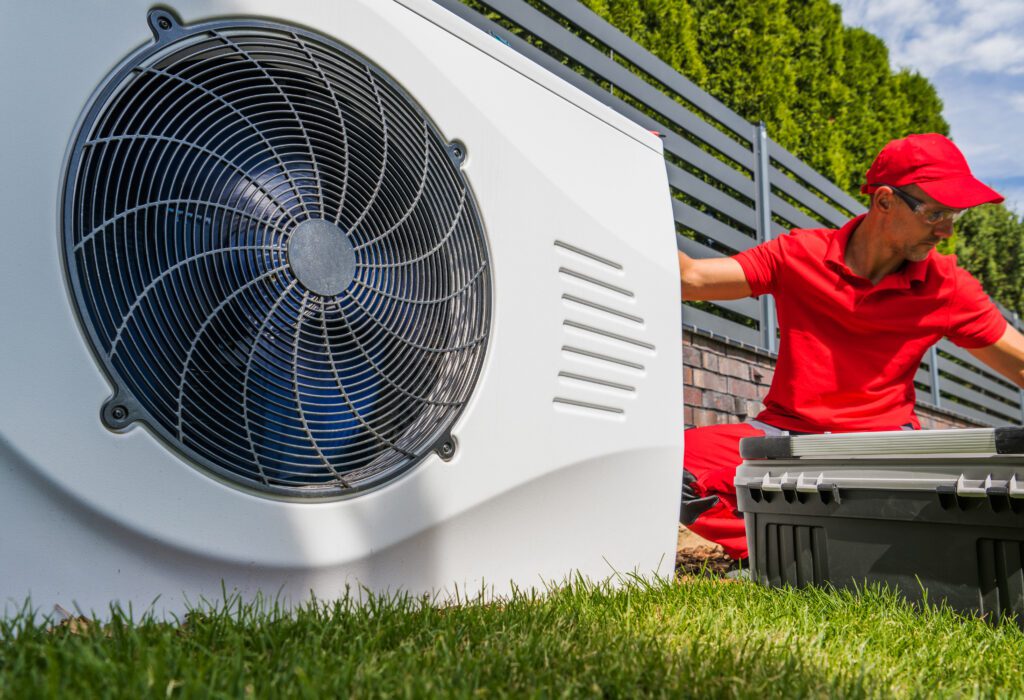
Technological Advances in HVAC Maintenance
As technology evolves, so does the HVAC industry. Innovative tools and systems are emerging to enhance the maintenance process. Remote monitoring systems enable homeowners to check their unit’s performance in real time, alerting them to any issues before they become serious problems.
Additionally, smart HVAC systems can self-diagnose and relay performance data to technicians, making maintenance checks more efficient and less intrusive. As these technologies become more mainstream, they will significantly change how we approach HVAC maintenance and repairs. For instance, the integration of machine learning algorithms allows HVAC systems to learn from their operational history, optimizing performance based on usage patterns and environmental conditions. This not only improves efficiency but also extends the lifespan of the equipment, reducing the frequency of repairs and replacements.
Moreover, the rise of mobile applications designed for HVAC management has made it easier for homeowners to control their systems remotely. These apps can provide insights into energy consumption, suggest optimal settings based on weather forecasts, and even schedule maintenance appointments with just a few taps. As the Internet of Things (IoT) continues to expand, we can expect even more interconnected devices, further streamlining the maintenance process and enhancing user experience.
How to Stay Updated on HVAC Maintenance Best Practices
Staying informed about HVAC maintenance best practices is essential for every homeowner. Subscribing to industry newsletters, joining online forums, and attending local workshops can provide valuable insights. Further, many local utility companies offer resources on energy efficiency and savings.
Consider consulting with HVAC professionals regularly to remain updated on new technologies and maintenance strategies. Engaging with professionals can provide tailored advice based on your system and needs, helping you stay proactive in your maintenance efforts. Additionally, leveraging social media platforms can be an excellent way to connect with industry experts and other homeowners who share their experiences and tips. Participating in webinars and online courses can also deepen your understanding of HVAC systems, equipping you with the knowledge to make informed decisions about your home’s heating and cooling needs.
Furthermore, keeping an eye on industry trends through publications and research reports can reveal emerging technologies and practices that could benefit your HVAC system. For example, advancements in sustainable HVAC solutions, such as geothermal heat pumps and solar-assisted systems, are gaining traction. These systems not only provide efficient heating and cooling but also align with a growing emphasis on environmental responsibility. By staying engaged and informed, you can ensure that your HVAC maintenance practices evolve alongside the industry, maximizing both comfort and efficiency in your home.

